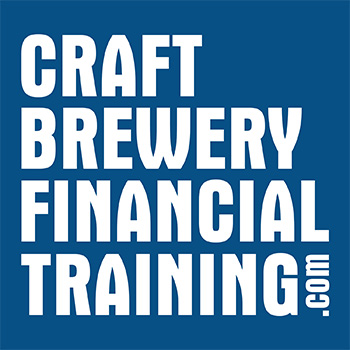Below is a sampling of the most popular brewery financial posts from Craft Brewery Financial Training. Use these ideas to improve financial results in your brewery.
This post originally ran in Brewbound. The article provides a detailed look at product margins for kegs, cans and bottles. Here’s a sample:
Not all products in a craft brewery’s portfolio are equally profitable. Keg beer and packaged beer, for example, can have drastically different margins. Meanwhile, the margins on a flagship beer may also be very different from one-off beers designed for rotation nation.
What are Average Taproom Net Profits?
This post was a response to a frequently asked question by brewery owners – what should my taproom profits look like? The article covers some basic math and starting points for you to use in your taproom profit calculations. Here’s a sample:
This question came up recently: What are average taproom net profits? The un-satisfying answer is that it depends on a lot of different factors. However, in this post, we’ll review taproom key metrics so that you have a ballpark look at average taproom net profits.
The #1 Reason Craft Breweries Fail
It’s a painful thought, but better to learn the cause of failure so your brewery can survive and thrive. In this post, we cover the leading cause of brewery failures and provide steps you can take to shore up the brewery financials for years to come. Here’s a sample:
According to the Brewer’s Association, hundreds of breweries close their doors each year. Why does it happen? What is the leading cause of failure? And most importantly, how can you avoid a similar fate?
Enjoy these popular Craft Brewery Financial Training posts and put them to use, so that you can improve financial results in your brewery business.





